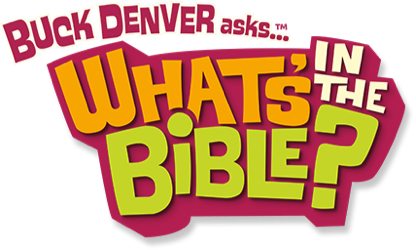I was recently talking to a group of my friends about the stresses of trying to move during the month of December and still needing to decorate the house for Christmas! Hauling in the tree, climbing up into the attic to get the Christmas stuff, unpacking the decorations and then having to pack everything back up again the day after Christmas. Bah humbug, right? Jokingly, I told them that simply taking out a menorah seemed way more practical… and a lot easier! To my surprise many of my friends (all Christian creatives in this particular group) celebrate BOTH Christmas and Hanukkah–and have their own menorahs!
Christians celebrating Hanukkah? Is that even allowed?
Growing up in a time when the neighborhood Catholics and Protestants kept an amiable distance from one another during their individual (yet similar) holiday celebrations, the idea of celebrating a Jewish holiday never really crossed my mind. Truth be told, I’ve always wanted to host an actual Seder meal, but because of my obvious non-Jewish background, I thought it might be, at the very least, an impolite encroachment on my part.
What’s the real story behind the menorah? Why is Hanukkah celebrated, anyway?
From Buck Denver Asks Why Do We Call It Christmas?The holiday of Hanukkah, or Feast of Lights, celebrates the events which took place over 2,300 years ago in Israel. It begins in the reign of Alexander the Great, who conquered Syria, Egypt, and Palestine, but allowed the lands under his control to continue observing their own religions and retain a certain degree of autonomy. About 100 years later, Antiochus IV rose to power in the region. He began to oppress the Jews severely, placing a Hellenistic priest in the Temple, massacring Jews, prohibiting the practice of the Jewish religion, and desecrating the Temple by requiring the sacrifice of pigs on the altar. One of the groups which opposed Antiochus was led by Mattathias and his son Judah Maccabee.
The Maccabees succeeded in driving the Syrian army out of their land. They cleansed and re-dedicated the Temple. When it came time to re-light the Menorah, they searched the entire Temple, but only one small jar of oil bearing the pure seal of the High Priest could be found. Miraculously, the small jar of oil burned for eight days, until a new supply of oil could be brought. From then on, Jews everywhere have observed a holiday for eight days in honor of this historic victory and the miracle of the oil. The observance of Hanukkah features the lighting of a special menorah with eight branches, adding one new candle each night.
I’m a Christian, so how does anything to do with a miracle that happened centuries ago and the Jewish Temple’s re-dedication in Israel have relevance to me in my walk of faith? Simple. God’s miracles are still worth celebrating today! Plus, Jesus, who was a practicing Jew, also celebrated Hanukkah!
In the Gospel of John, we read, “At that time the Feast of the Dedication took place at Jerusalem; it was winter, and Jesus was walking in the temple in the portico of Solomon” John 10:22-23. Earlier in the same Gospel, John 8:12, Jesus said, “I am the Light of the world; he who follows Me will not walk in the darkness, but will have the Light of life”.
Remembering that while we Christians are not bound by law or tradition to celebrate the Feast of Lights, our Christian faith is tightly rooted in Hebraic tradition. We, along with our Jewish friends, worship the one true God–the God of many miracles! While we celebrate the birth of our Savior this Christmas, what a lovely addition it might be to also include a menorah; reminding us about God’s provision in our lives, as witnessed in the miracle of the oil, and then rededicating ourselves to Jesus, the perfect and everlasting Light of the World.
Do you celebrate both Christmas and Hanukkah? Share with us your story and what your traditions are.
Lisa Strnad is a homeschooling mom of two, who works independently in Christian media in the areas of writing, promotions and marketing. She lives with her husband and children in Nashville,TN.










